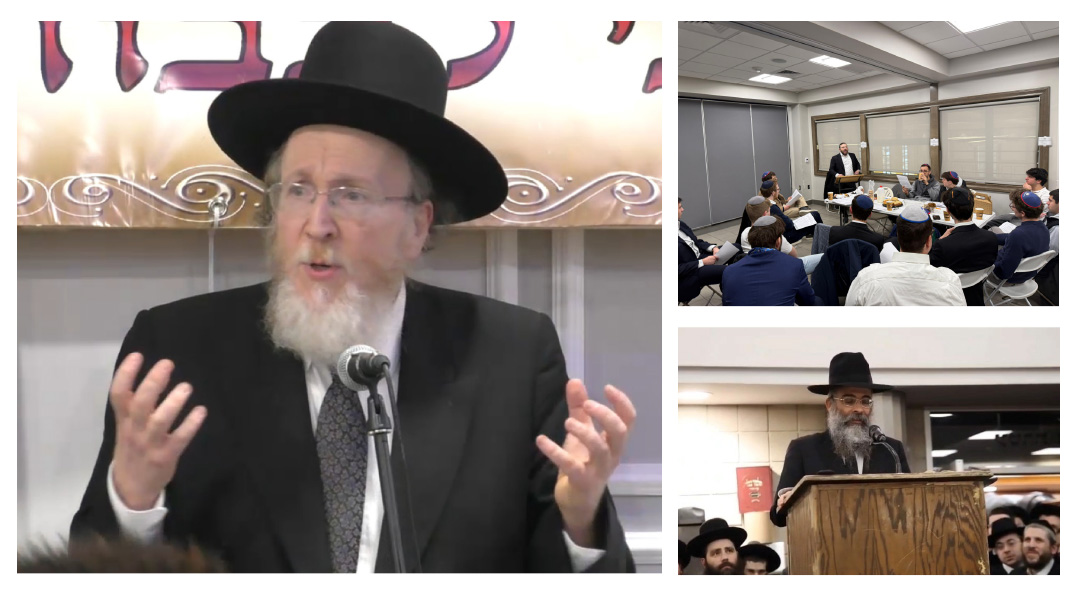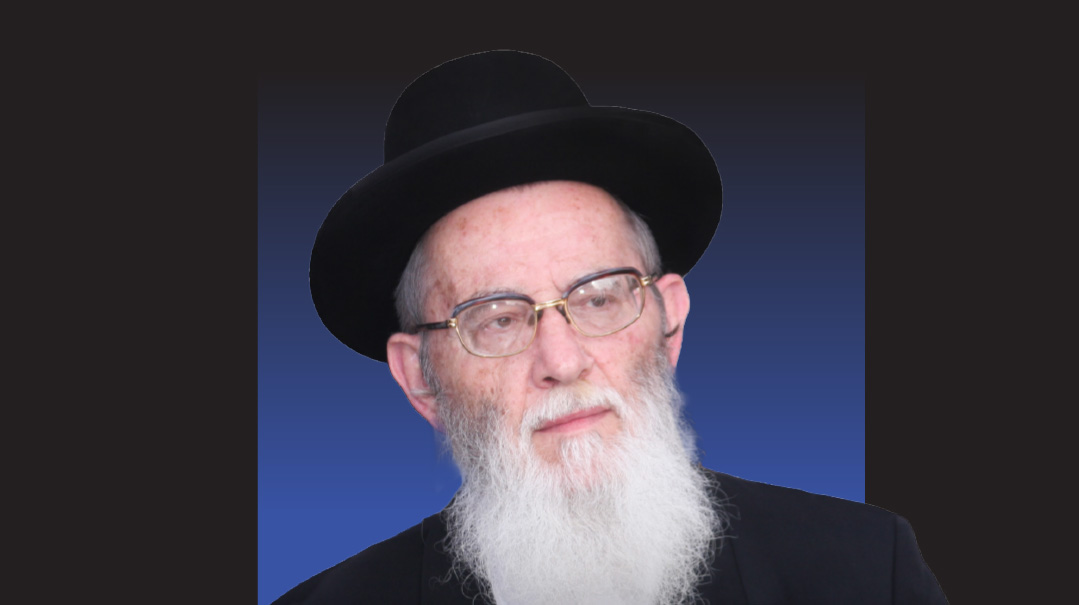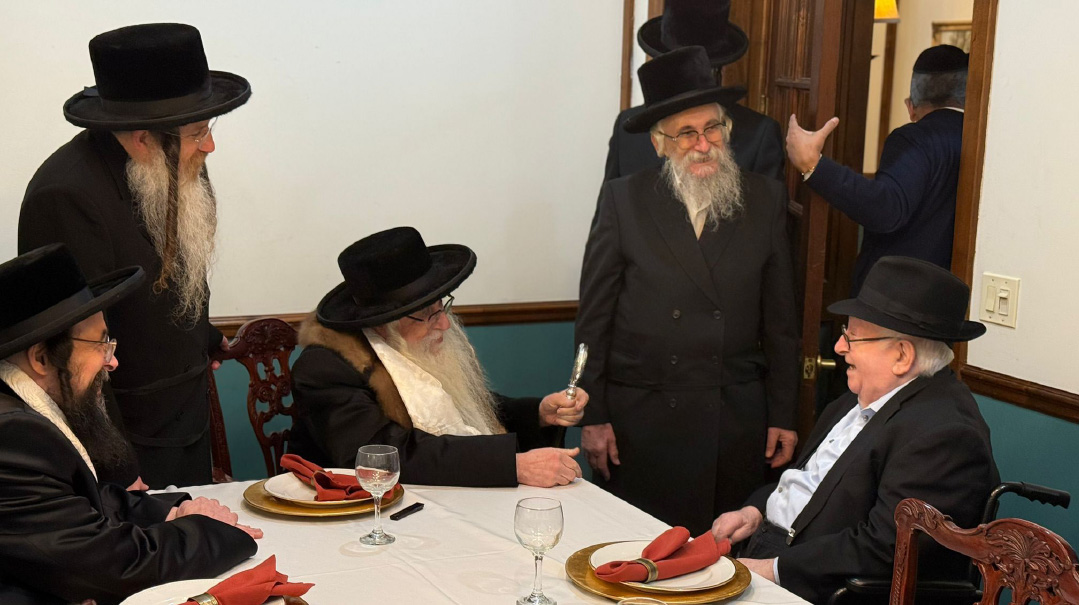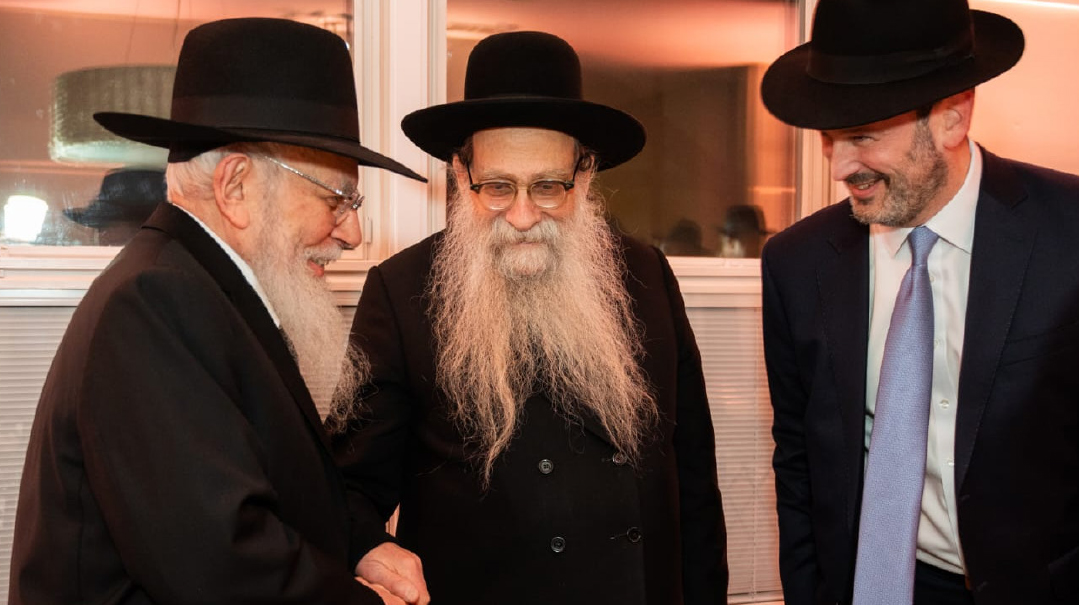Living Higher

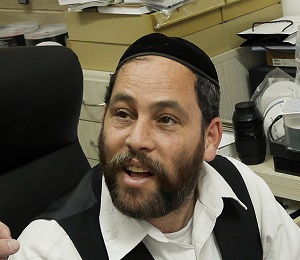

The visitor to Rav Chaim Kanievsky didn’t come bearing a new sefer or question in learning — he came weighted down by his problems. 5777 was a rough year for him and he’d suffered in areas of parnassah chinuch and health. He was desperate for a brachah. Rav Chaim smiled warmly and assured him that the old gezeirah has already been torn up and replaced with better times but added a thought:
“In davening we say that teshuvah tefillah and tzedakah have the power to erase an evil decree. Really any one of the three is sufficient but the order is meant to teach you that teshuvah is the key and once someone embarks on teshuvah then his tefillah and tzedakah are that much more effective. Accept upon yourself to do teshuvah in a certain area and may your tefillos and tzedakah stand by you for a sweet new year.”
5 Out of 10
Rabbi Dovid Bashevkin
Help me complete this Top Ten list. I’ll start with the first five
Submissions welcome to themoment@mishpacha.com
Top 5 Ways NOT to Ask Mechilah
Saying I’m sorry is never easy. Here are five phrases to avoid when apologizing so you don’t have to say I’m sorry again.
IF I OFFENDED YOU
If you want to really say you’re sorry avoid the word “if.” Statements like “I’m sorry IF I offended you” don’t convey true remorse and leave the recipient thinking “Umm… yeah but you did offend me!” Take ownership of your errors and skip the “if” so you won’t have to later apologize for your apology.
MISSPOKE
Unless you’re running for office there’s no reason you should be incorporating this increasingly vogue political buzz word. Focus on what you said not what you meant to say.
I’M SORRY YOU FEEL THAT WAY
The best coldhearted apologies are short and not sweet. “I am sorry you feel that way” is an easy way of telling a friend you’re not so sorry for what you did. Once you’re saying “I’m sorry ” go the extra mile. You can be sure that after saying “I’m sorry you feel that way ” whoever you hurt is just going to feel worse.
YOU DON’T KNOW ABOUT THIS
This one is tricky. There was a famous dispute between the Chofetz Chaim and Rav Yisrael of Salanter whether you should apologize when the person doesn’t know you did anything wrong. Asking for such mechilah reasoned Rav Yisrael was prioritizing your forgiveness over the other person’s feelings. Whether to apologize for such misdeeds certainly requires added sensitivity.
THE MECHILAH MASS TEXT
When I was in yeshivah there were always people who put up signs asking the masses for forgiveness. Nowadays those people send out mass texts asking everyone for forgiveness. When you get a barrage of impersonal mass texts asking for forgiveness it’s too tempting to just send back a mass text responding “nah.” Shouldn’t apologizing be a little more personal? (Excerpted from Mishpacha Issue 679)
Oops! We could not locate your form.

